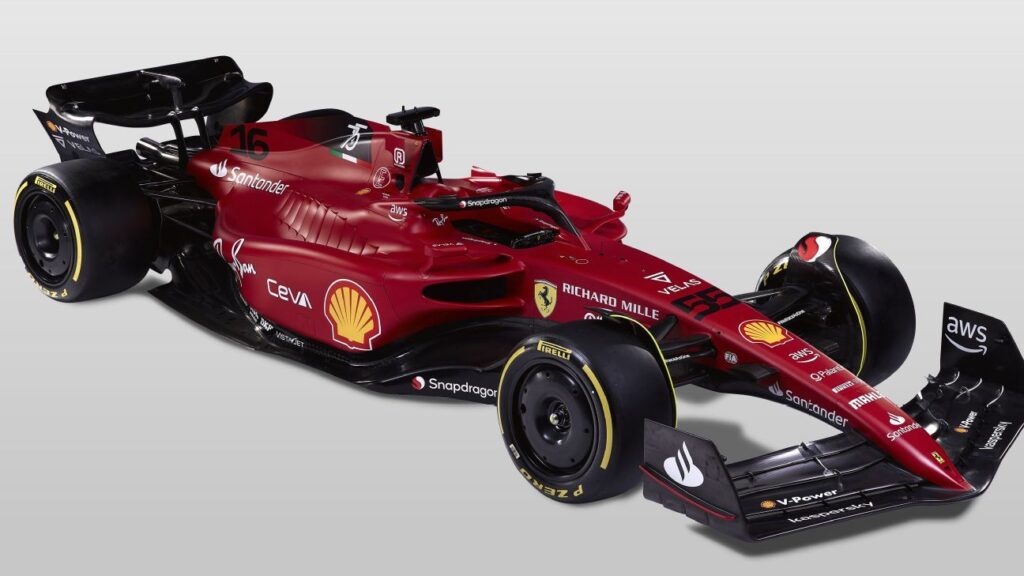The Formula 1 (F1) industry and sustainable aviation share a surprising interconnectedness, driven by pursuit of innovation and efficiency. Both fields rely heavily on cutting-edge technology and engineering prowess to achieve their goals, making them natural bedfellows for collaboration and inspiration.
One of the most prominent intersections between F1 and sustainable aviation is in the realm of aerodynamics. F1 teams are renowned for their expertise in designing ultra-efficient aerodynamic packages that maximize performance while minimizing drag. This knowledge can be directly applied to aircraft design, where reducing drag is paramount for fuel efficiency and emissions reduction.
Moreover, the materials and manufacturing techniques developed in F1 can also benefit the aviation industry. Lightweight materials such as carbon fiber, initially pioneered in F1, are now finding their way into aircraft construction, offering weight savings and improved fuel efficiency.
Additionally, the focus on sustainable practices in F1, such as the move towards hybrid powertrains, mirrors the aviation industry’s efforts to reduce its environmental impact. By sharing knowledge and best practices, both industries can accelerate their progress towards sustainability and inspire further innovation in the field of transportation as a whole.
